Read time: 4 minutes, 45 seconds.
An athlete’s mindset plays a crucial role in their success, both on and off the field. Physical training and skill development are essential for performance. But a strong mindset is what sets elite athletes apart from the rest. The ability to stay focused during challenges can make a big difference when it comes to performance. In this blog post, I share some tips for improving an athlete’s mindset so they can reach their full potential.
Set clear goals.
Athletes should set goals that are SMART: specific, measurable, achievable, relevant, and time-bound. This means that goals are clear, measurable, realistic, and relevant the athlete’s vision. These goals will help focus their efforts and track their progress. This step is essential for athletes looking to improve their mindset and performance. It provides direction and purpose while helping to stay focused and motivated.
Also Read: Use Your Core Motivation Style to Set Goals
Athletes should also establish both short-term and long-term goals. The short-term goals act as steps an athlete takes towards their long-term ones.
Having a clear vision of what an athlete wants is also important. These identifies what they want to achieve and a general roadmap on how to get there. This vision helps keep athletes focused and on track to reach their full potential.
Visualize.
Athletes who visualize performing at their best will see improvements in confidence, focus, and performance. Visualization is a powerful tool that athletes can use to improve their mindset and performance. It involves mentally rehearsing and imagining a desired outcome, such as a successful or ideal performance.
Also Read: Top 10 Daily Habits to Develop a Growth Mindset
Making this experience as vivid and detailed as possible will create a realistic mental image of the desired outcome. It can be used to prepare for challenging situations, such as a difficult opponent or a high-pressure competition. When athletes visualize themselves overcoming these challenges they build mental resilience and confidence. Both of which are necessary to perform at their best. Visualization is a valuable technique used to improve mindset and performance.
Practice positive self-talk.
Positive self-talk builds confidence by overcoming negative thoughts and emotions. It’s an effective strategy for improving an athlete’s mindset. By using positive statements and affirmations athlete’s adopt more optimistic attitude. This can help athletes overcome self-doubt, and stay motivated in the face of challenges.
Positive self-talk also helps to foster a growth mindset, where they see setbacks as opportunities to learn and grow. To practice this skill, aim to replace negative thoughts with positive and supportive statements. For example, instead of saying “I can’t do this,” an athlete can say “I am totally capable of achieving my goals.” By adopting this positive self-talk habit, athletes will improve their mental well-being and enhance their performance on the field.
Improve mindfulness.
Mindfulness techniques such as meditation, breathing exercises, or yoga help to reduce anxiety. It can also help athletes improve their focus, concentration, and overall well-being. It involves being present and fully engaged in the current moment, without judgment or distraction. Mindfulness can significantly reduce stress and improve emotional regulation. This helps athletes stay focused and motivated toward their goals.
Examples include diaphragmatic breathing, meditation, and body scanning. These exercises focus attention on what’s happening in the present moment. One effective way to use them is to incorporate into warm-up or cool-down routines, or during rest periods. By incorporating mindfulness practices into existing routines, athletes can enhance their mental and emotional well-being, and improve their performance on the field.
Learn from mistakes.
Athletes should view mistakes as opportunities for growth and learning instead of failures. Learning from mistakes is an important aspect of an athlete’s mindset. It involves viewing mistakes as opportunities for growth and learning, rather than as failures. Athletes who adopt this mindset are more likely to be resilient and to bounce back from setbacks. To learn from mistakes, athletes should reflect on what went wrong, and identify what they could have done differently. This process can help athletes to understand their weaknesses and areas for improvement.
Athletes can also seek feedback from coaches or teammates, who can offer constructive criticism and support. This further develops a growth mindset and improves performance over time.
Get mentally tough.
Athletes should work on developing their mental toughness by practicing self-discipline, persevering through challenges, and embracing discomfort. Mental toughness is a critical trait for athletes who want to perform at their best. It involves having the resilience, grit, and determination to overcome adversity and push through challenging situations. Mental toughness allows athletes to stay focused, motivated, and confident, even in the face of obstacles and setbacks.
Also Read: The 7 R’s to Rewiring Your Brain (7 strategies to break bad habits!)
Mental toughness develops when athletes challenge themselves. This is through setting SMART goals and stepping outside of their comfort zones. Cultivating a positive mindset through visualization and positive self-talk is also helpful. Athletes can also develop mental toughness by viewing challenges or mistakes as opportunities for learning and growth. With mental toughness, athletes can perform at their best, achieve their goals, and become successful in their sport and in life.
Develop resilience.
Resilience is when athlete’s easily bounce back from setbacks, maintain a positive attitude, and adapt to changing circumstances. It is an essential skill for athletes who want to continuously improve. It involves the ability to tackle adversity, and to keep moving forward despite setbacks, mistakes and obstacles. To develop this important skill, athletes should work on strengthening their growth mindset. This is where they view challenges as opportunities for learning and growth.
One helpful strategy is to seek support from coaches, teammates, and mental health professionals, who can offer guidance and encouragement during difficult times.
Focus on the process.
Focusing on the process means not solely focuing on outcomes but rather the process of getting better. This can help them stay present and improve their performance. Focusing on the process is an important mindset for athletes who want to achieve their goals. This process includes things such as training, competing, recovery, and nutrition.
Rather than focusing on the outcome, such as winning or losing, focusing on the process improves skills regardless of the outcome. It can keep athletes motivated and engaged, and build a sense of accomplishment and confidence with each small step. Additionally, athletes who focus on the process are less likely to be distracted by external factors, such as the performance of others, or the opinions of spectators. By staying focused on the process, athletes can improve their skills, achieve their goals, and perform at their best.
Also Read: 5 Tips To Achieve Your Goals Faster
In summary...
Improving an athlete’s mindset is crucial for achieving success both on and off the field, court or course. By focusing on specific areas, such as setting clear goals, visualization, positive self-talk, mindfulness, learning from mistakes, developing resilience, and focusing on the process, athletes can develop a growth mindset that helps them overcome setbacks, manage stress, and perform at their best. Mindset shifts take patience and practice, but with dedication and persistence, athletes can achieve their goals and become successful in their sport and beyond.
It is important to remember that mindset is not a one-size-fits-all approach, and that different strategies may work better for different individuals. By experimenting with different techniques, athletes can find what works best for them and develop a mindset that is tailored to their specific needs and goals.

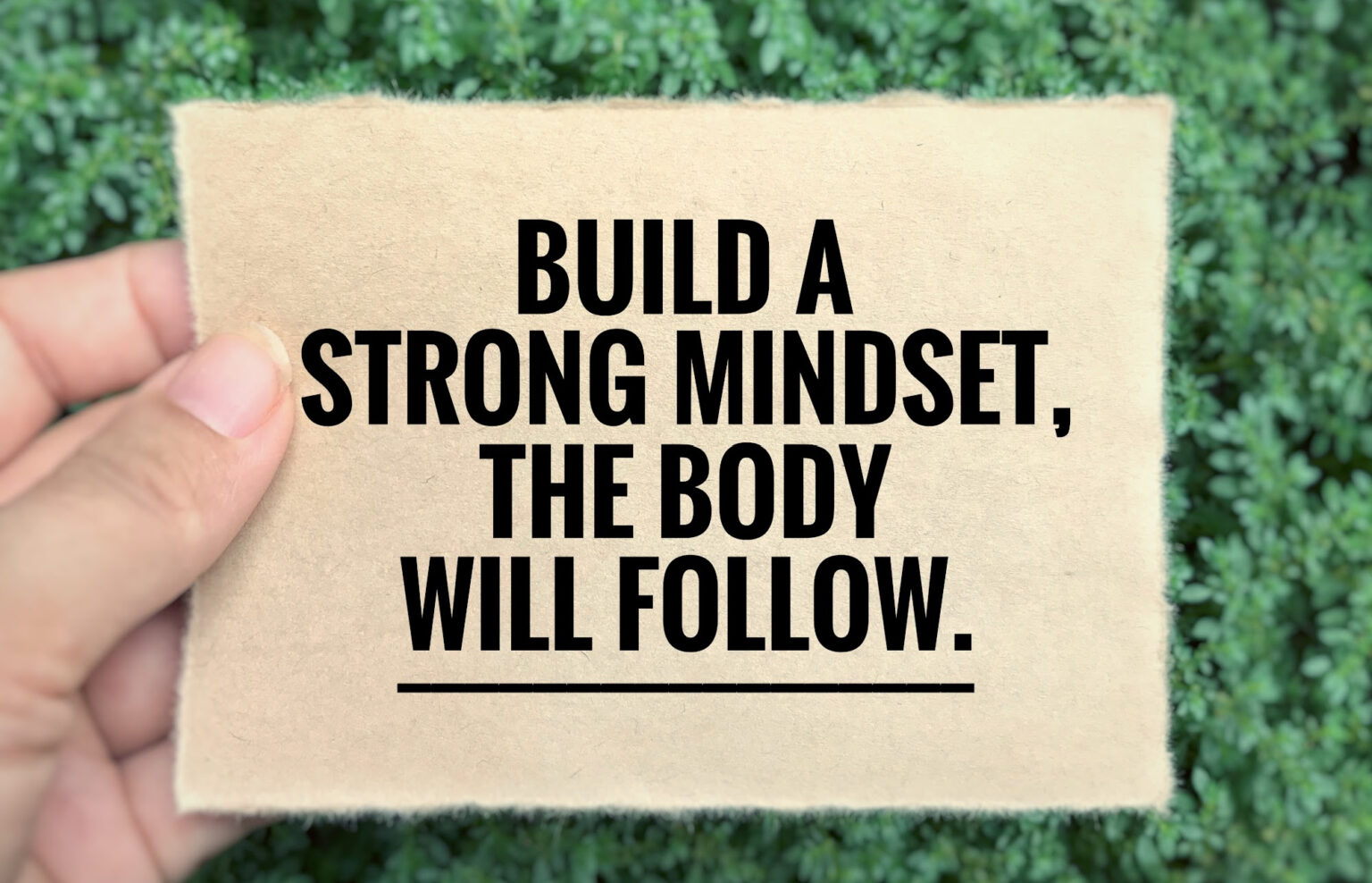
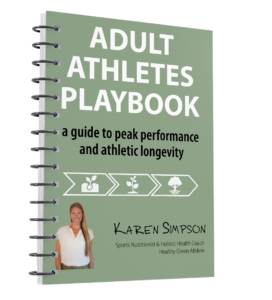

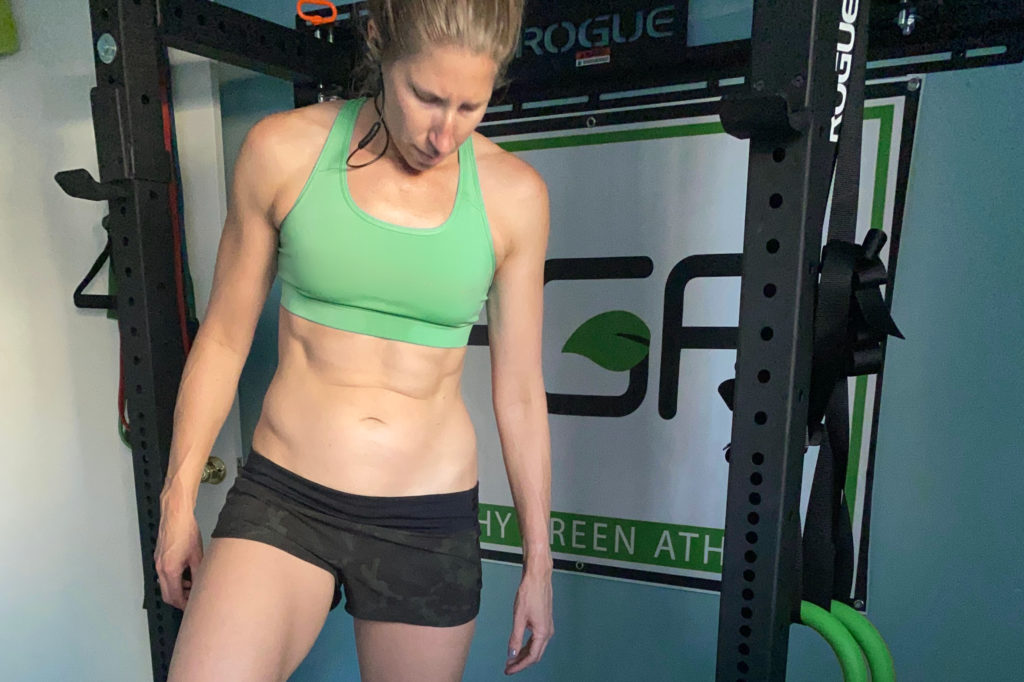

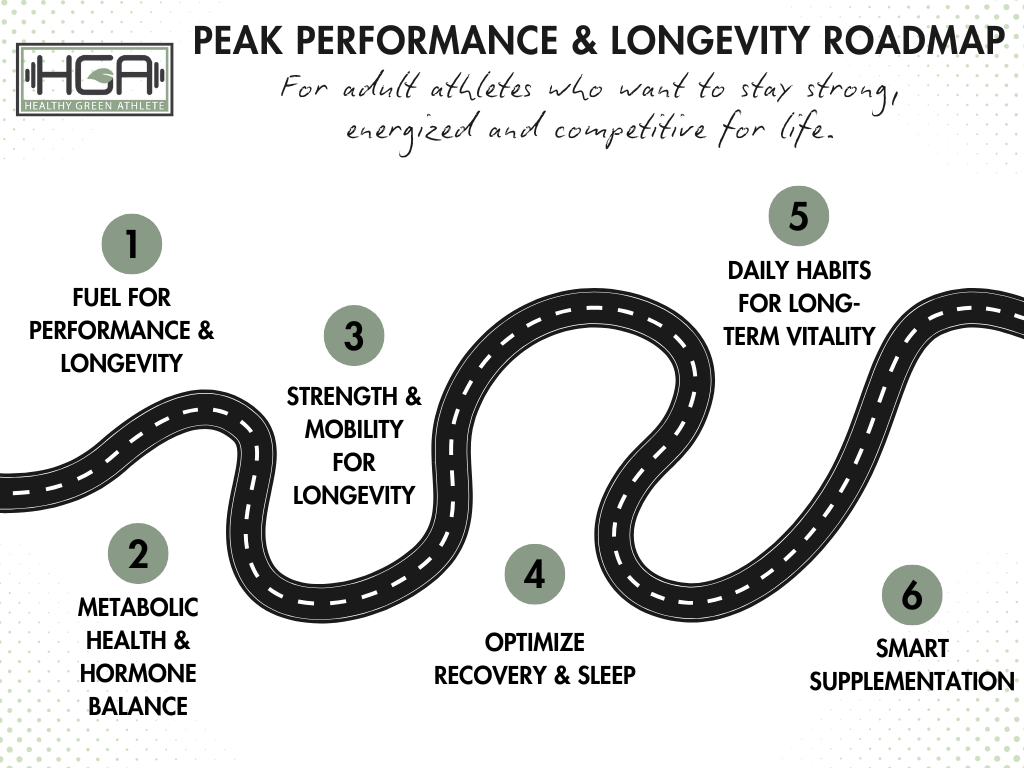

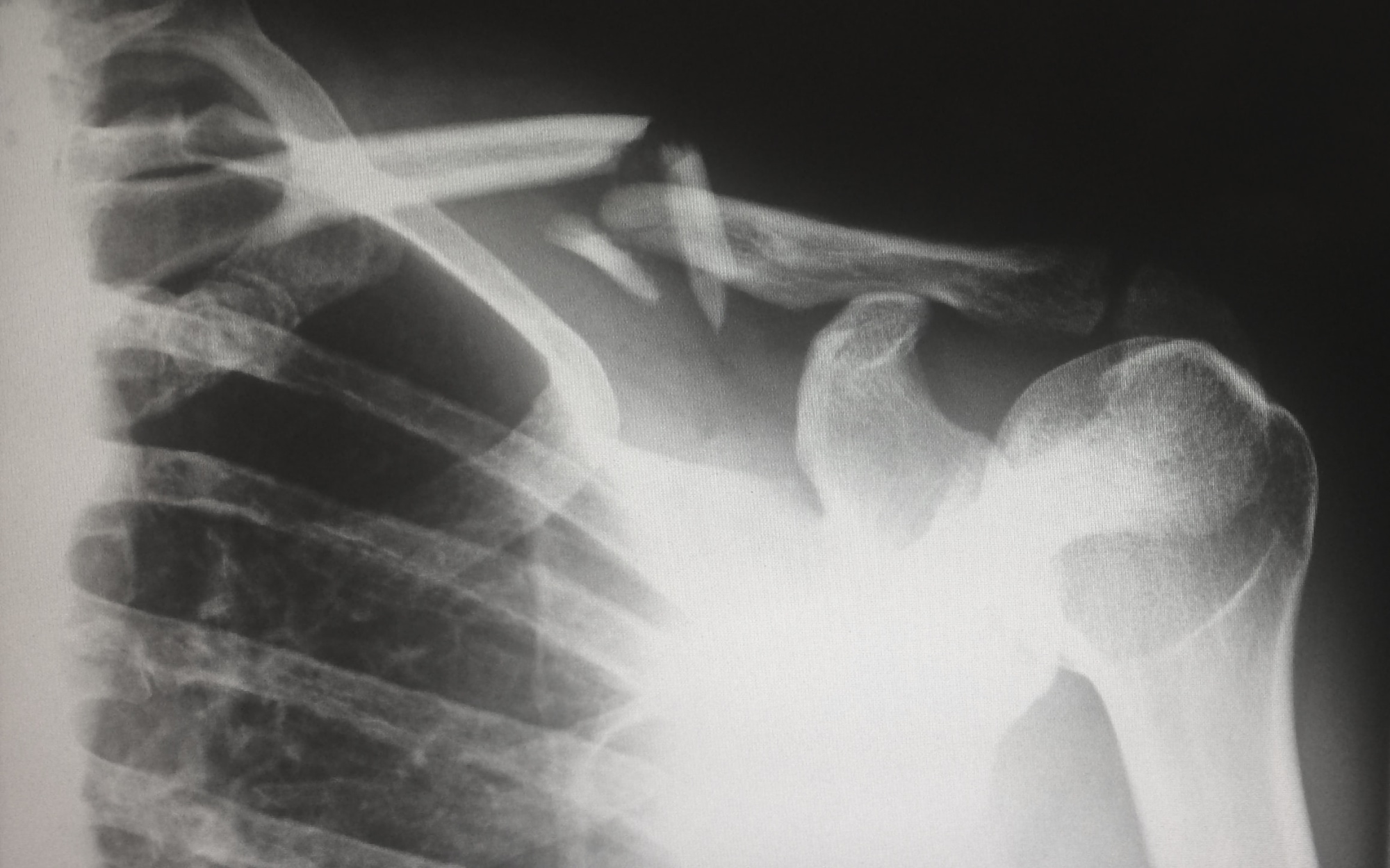


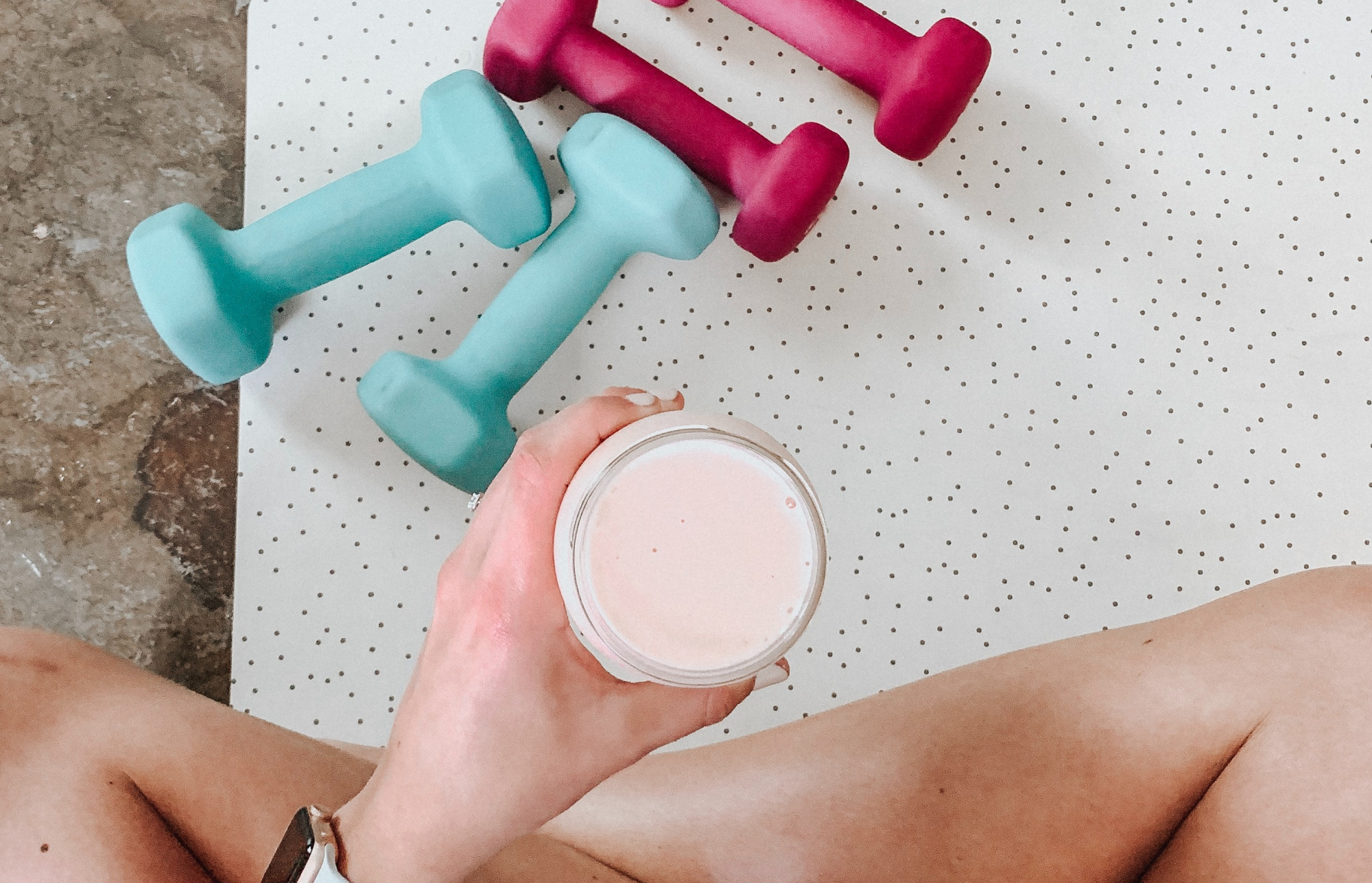

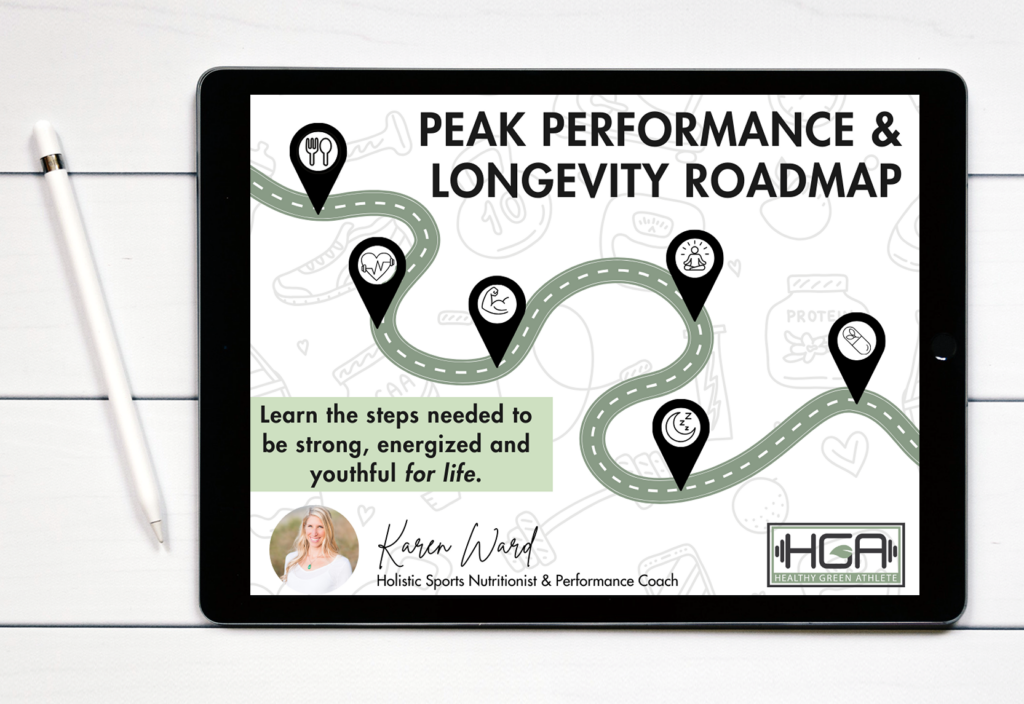
2 Comments
Pingback:
Pingback: